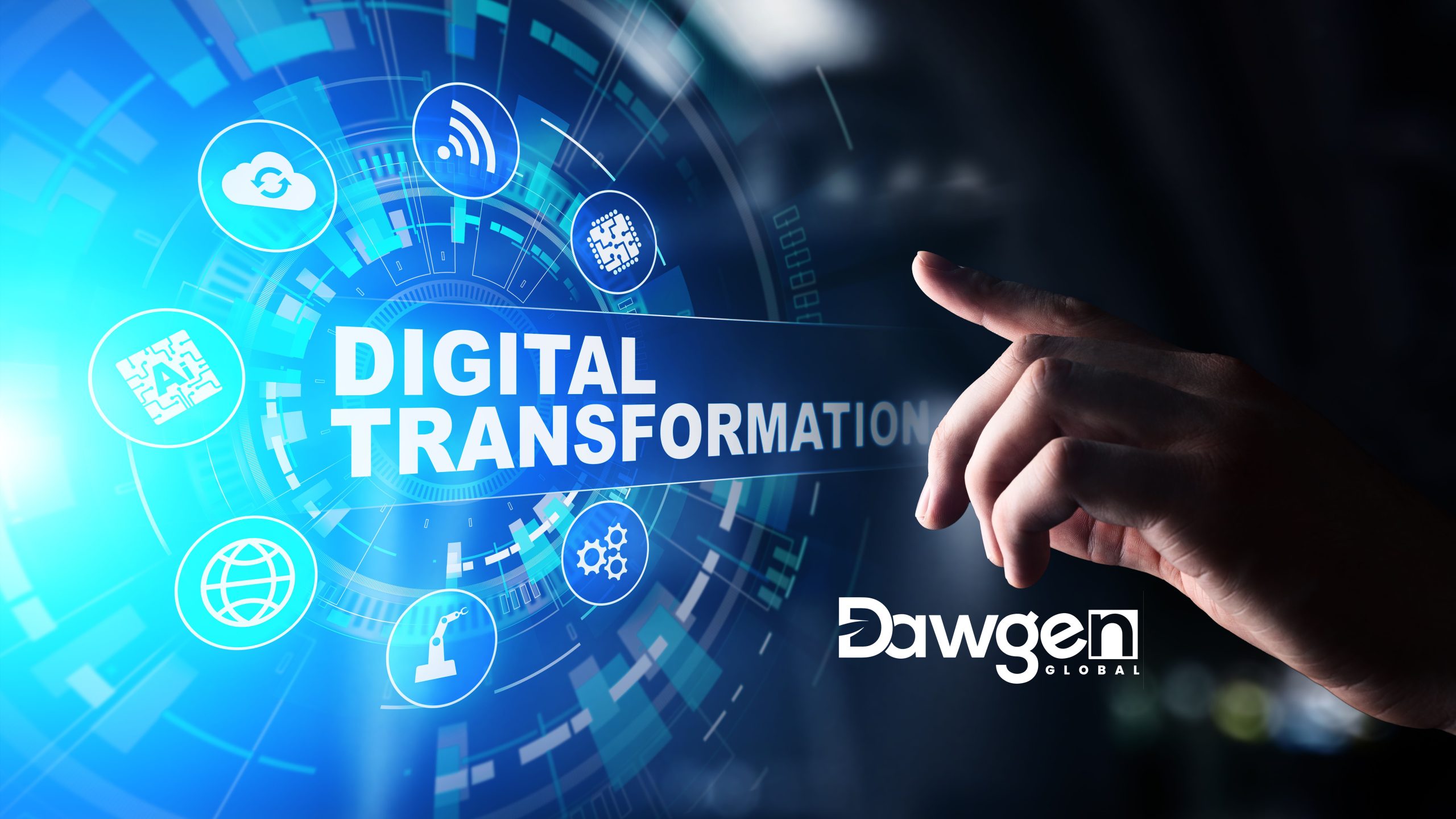
In an era where digital technologies dictate the pace and direction of business evolution, understanding and adopting the right organizational model is critical. Traditional organizations striving to become digitally savvy must carefully evaluate and potentially incorporate elements from various digital organizational models. These models offer a blueprint for adapting to the rapidly changing business landscape. This article explores four distinct operating models and the Digital Readiness Diagnostic Framework, which can guide organizations in their digital transformation journey.
The 4 Operating Models of Digital Organizations
1. The Tactical Model
In the Tactical Model, organizations focus on specific digital initiatives that enhance operational efficiency and customer engagement. This model is characterized by short-term, goal-oriented projects that leverage digital tools to solve particular business problems or seize immediate opportunities. It’s an excellent starting point for organizations beginning their digital transformation journey, allowing them to gain quick wins and learn valuable lessons.
2. The Centralization Model
Centralization is key in this model, where a central digital team leads the strategy and implementation of digital initiatives. This team is responsible for setting the digital agenda, ensuring consistency in digital efforts across the organization, and pooling resources for efficiency. The Centralization Model is particularly effective in aligning digital initiatives with the overall business strategy and maintaining a unified approach to digital transformation.
3. The Champion Model
The Champion Model relies on empowering individuals or teams within various departments to drive digital initiatives. These ‘digital champions’ are responsible for advocating for digital transformation, pioneering new technologies, and fostering a culture of digital innovation. This model is highly effective in organizations where the commitment to digital transformation is widespread and where there’s a need for specialized digital expertise within different business units.
4. The Business As Usual (BUA) Model
In the BUA Model, digital transformation is not a separate initiative but an integral part of the everyday business processes. This approach involves embedding digital practices and thinking into all aspects of the organization, making digital the ‘new normal’. This model is most successful in organizations that have already made significant strides in their digital journey and are looking to sustain and deepen their digital capabilities.
Digital Readiness Diagnostic Framework
To assess an organization’s digital readiness and maturity, the Digital Readiness Diagnostic Framework focuses on five critical evaluation areas:
1. Strategy and Leadership
This area assesses how well digital strategies are integrated with business strategies and the extent to which leadership fosters a digital culture.
2. Customer Engagement
Evaluating how digital tools and platforms are being used to enhance customer experiences and engagement.
3. Products and Services
Assessing the digitalization of products and services, and how this transformation is creating new value for customers.
4. Organization and Talent
Understanding the organization’s capacity to attract, develop, and retain digital talent, and how well the workforce is adapting to digital changes.
5. Digital Operations
Examining the extent to which digital technologies are integrated into the business operations, enhancing efficiency and effectiveness.
Embracing Change: A Quote to Inspire
In the words of Dr. Dawkins Brown, Executive Chairman of Dawgen Global: “In the digital era, the only constant is change. Organizations that learn to navigate this change, not just react to it, will be the ones that thrive.”
This quote encapsulates the essence of digital transformation. It’s not merely about adopting new technologies but about embracing a mindset of continuous adaptation and learning. Organizations must not only assess their current digital maturity but continuously evolve to stay ahead in a digital-first world.
In conclusion, as organizations ponder their journey towards digital maturity, these four operating models and the Digital Readiness Diagnostic Framework provide a comprehensive guide. It’s about choosing the right model, or a combination thereof, and continually assessing and evolving digital strategies to stay relevant and competitive in an increasingly digital marketplace.
Next Step!
“Embrace BIG FIRM capabilities without the big firm price at Dawgen Global, your committed partner in carving a pathway to continual progress in the vibrant Caribbean region. Our integrated, multidisciplinary approach is finely tuned to address the unique intricacies and lucrative prospects that the region has to offer. Offering a rich array of services, including audit, accounting, tax, IT, HR, risk management, and more, we facilitate smarter and more effective decisions that set the stage for unprecedented triumphs. Let’s collaborate and craft a future where every decision is a steppingstone to greater success. Reach out to explore a partnership that promises not just growth but a future beaming with opportunities and achievements.
✉️ Email: [email protected] 🌐 Visit: Dawgen Global Website
📞 Caribbean Office: +1 876 926 5210 📲 WhatsApp Global: +1 876 493 4923
Join hands with DawgenGlobal. Together, let’s venture into a future brimming with opportunities and achievements.

